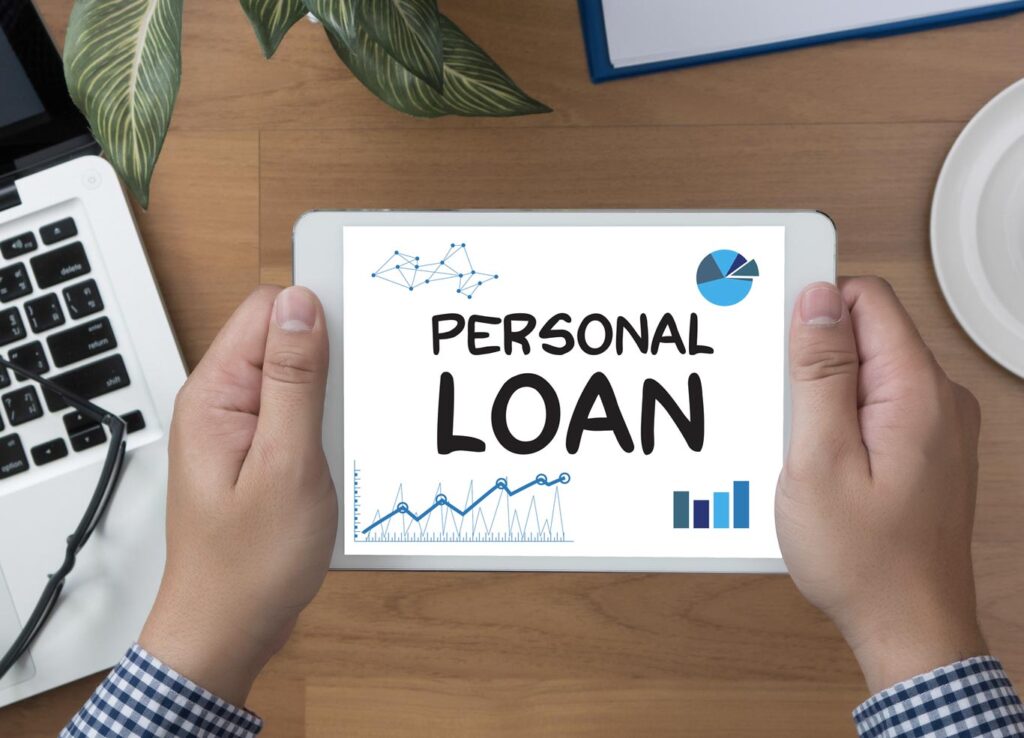Personal loans are unsecured loans offered by financial institutions and are based on employment history, repayment capacity, income level, profession, and credit history. A personal loan, also known as a consumer loan, is a multi-purpose loan that can be used to cover a variety of urgent requirements. Below are the steps on how you can apply for a personal loan:
Step 1: Examine your requirements to determine the exact loan amount you require.
Step 2 Consider any outstanding loans or credit card balances, which will influence the EMI you can afford. Use the Personal Loan Eligibility Calculator to figure out how much you can pay back in a month.
Step 3 Determine whether your income and employment (the company you work for) meet the bank’s eligibility requirements.
Step 4: Look at the bank’s loan interest rates. Use the Personal Loan EMI calculator to figure out how much your monthly payment will be.
Step 5: If you already have an account with the bank, you can apply for a loan via your mobile app or your internet banking account. If you’re a new customer, you can acquire an application on the bank’s website or pick one up at a branch.
Step 6: Submit KYC, address proof, and income proof documents with the application form, as well as a check for the processing fee.
Step 7: The bank will examine your documents, grant you a loan, and approve the amount based on your qualifications. The agreement and the Standing Instruction (SI) Request/ECS Forms will be signed. The monies will be sent to your account once this is completed.
Step 8: After that, the money is credited to your account. The full procedure may take up to 30 days.
When applying for a personal loan, there are a few things to consider.
- First, consider a bank with whom you already have a relationship, such as a salary account, a home loan, or a car loan, as the KYC process would be simpler and faster.
- Compare personal loan interest rates, processing fees, prepayment/foreclosure penalties, etc. All of these fees will be added to your bill. A bank that offers a lower interest rate may levy a more significant foreclosure procedure fee or penalty.
- Attempting to attain and maintain a high credit score may increase the likelihood of your loan application being granted. Keep in mind that this is just one of the requirements.
Know about personal loan interest rates
“Is this a cheaper rate than the rate on my credit cards?” is a question to ask while looking for a reasonable interest rate on a debt consolidation loan. It is essential to know about personal loan interest rates. Personal loan interest rates are generally lower than credit card interest rates, but you should always double-check any contemplating loans. Your credit score determines the interest rate on a personal loan:
- Below 8% if you have a score of 740 or higher (look for loans for excellent credit)
- 670–739: Approximately 14% (look for loans for good credit)
- 580 to 669: Approximately 18% (look for loans for fair credit)
- Below 579: Approximately 30% (look for loans for bad credit)

